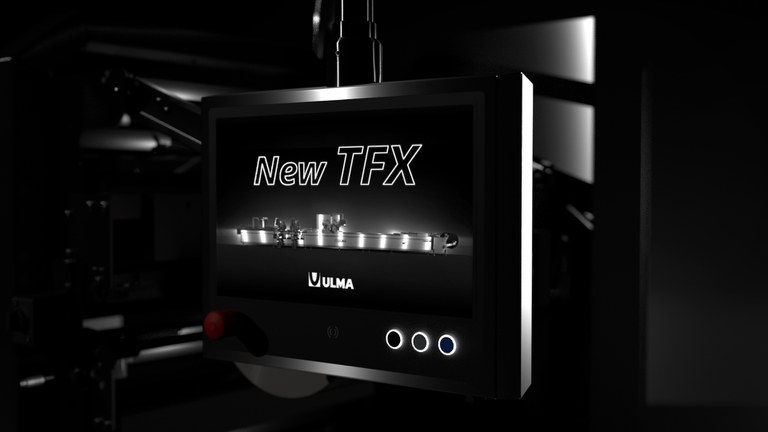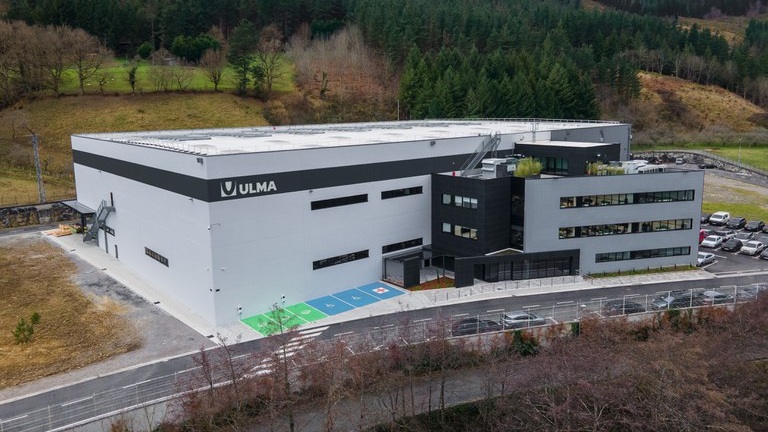Packaging
ULMA Packaging develops a new software to increase wrapping efficiency
ULMA PACKAGING wrappers have characteristics that optimise the OEE of production lines, such as their robustness, reliability, the ease with which they can be changed and adjusted, the synchronisation of operations, the incorporation of infeed systems with continuous flow of the products being packaged, etc. We are also aware of how important it is for our customers to have constant access to information on the efficiency of their equipment (OEE), in order to be able to maximise the productivity of their processes. With this in mind, we have designed a set of software tools called OEE Booster on our UPC control platform, which includes: OEE Monitor and OEE Data Entry.
23 October, 2020
ULMA PACKAGING wrappers have characteristics that optimise the OEE of production lines, such as their robustness, reliability, the ease with which they can be changed and adjusted, the synchronisation of operations, the incorporation of infeed systems with continuous flow of the products being packaged, etc. We are also aware of how important it is for our customers to have constant access to information on the efficiency of their equipment (OEE), in order to be able to maximise the productivity of their processes. With this in mind, we have designed a set of software tools called OEE Booster on our UPC control platform, which includes: OEE Monitor and OEE Data Entry. OEE Data entry is an App that is available on our HMI for collecting production information, either via manual or automatic entry using customer production systems, which may be MES or ERP systems. With OEE Monitor, the OEE information is available both on the HMI screen and in the myULMA cloud. This information is generated automatically and is shown numerically and graphically in a user-friendly way, facilitating immediate analysis of the data and its evolution, making it easier for our customers to carry out a diagnostic of the causes of downtimes and create specific improvement plans. Our units with the UPC 4.0 control system feature OEE measurement as standard and allow information to be obtained in real time, when the products are being produced, and also as historical data, with the aim of being able to compare the performance evolution of production operations over time. These tools allow a detailed analysis of OEE, as well as of the three factors that it consists of: availability, performance and quality, all by work shifts and manufacturing orders. This analysis is also offered in combination, according to the categories or causes of downtimes that lead to reductions in terms of the planned standards. These categories are fully customisable, allowing customers to add any they consider relevant for the detailed OEE analysis to those established as standard. The information is also accessible via the network; it can be stored on an external device, such as a USB stick, or it can be available in the myULMA cloud for up to 12 months, all so that it can be analysed at the most appropriate time.











